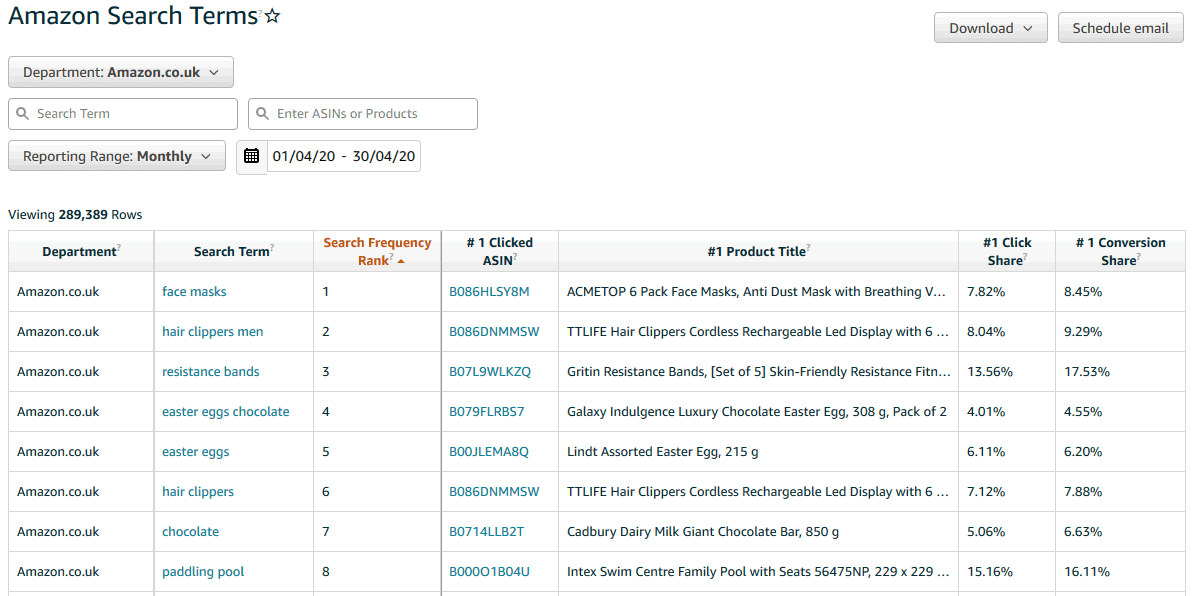
If you're considering shopping online on Thanksgiving Day, you may have heard about Cyber Monday. It is the online equivalent of the popular shopping day on the high street. Cyber Monday is a better option than Black Friday because it offers lower prices and easier access. Cyber Monday could be more convenient than Black Friday if you are a college student. But what is it, and is it better than Black Friday?
Cyber Monday is an alternative to Black Friday.
Cyber Monday, which is often overlooked by consumers, is an online version of the Thanksgiving holiday. Cyber Monday has become a significant shopping day with more that two billion shoppers online. The day falls on weekdays when many people are working. This means that consumers are less likely to go out to shops while they are working, and therefore are more likely to shop online. Cyber Monday is the most popular day after Black Friday. However, they are not mutually exclusive.

It's a huge shopping day
Perhaps you are wondering whether to shop for holiday gifts on Cyber Friday, or Black Friday. Both days are very similar. However, some stores offer better deals on one day than the other. It may be worth waiting until Cyber Monday if you are shopping for clothes. The prices are usually lower. Some retailers will even offer free shipping on purchases made on Black Friday.
It is easier
Cyber Monday is a more convenient shopping option than Black Friday, especially for busy professionals. Cyber Monday is a convenient shopping option, and the online process ensures a quicker checkout. Cyber Monday, unlike Black Friday, is not a full holiday. This makes it easier to fit shopping in your lunch break. Cyber Monday sales will often offer free shipping. Cyber Monday lets you avoid the crowds and long lines associated with Black Friday.
It is much cheaper than Black Friday
Cyber Monday is significantly cheaper than Black Friday when you buy clothes. Consumers spent $10Billion on Cyber Monday last year, up 24% over the previous year. Cyber Monday is more convenient than Black Friday and has many benefits, including fewer logistics and lower labor costs. Cyber Monday, with its slower pace and fewer sales, can lead to people being misled into believing that Cyber Monday is just a leftover day from Thanksgiving weekend.

It has higher rates of out-of-stock
Cyber Monday is a great day to get free shipping from many retailers, but not every retailer offers it. Shoppers should be aware that free shipping may come with unexpected prices so they can look for offers that include it. You should also read the terms of sale before making a purchase. You can also save money by opting for in-store pickup or curbside pickup, which is available from most major brick-and-mortar retailers. If you don't want to pay shipping, you can always look at the prices in your local store.
FAQ
How can I be a smart consumer in online shopping?
Knowing how to make informed decisions is the key to your success. It is important to understand what you want and why. Then find the best deal for you.
It is important to compare prices and shop around. This will enable you to determine where your money is best spent.
You should carefully read customer reviews and ratings as you browse products on the internet. These reviews and ratings can help you make a decision about whether or not to purchase.
There are many ways to save money if you don't want the full price.
Credit card companies can offer financing for expensive purchases. Many offer special deals such as 0% interest for 12 month.
There are many other ways to save money when you're online shopping, but these are just some ideas.
What are the benefits and drawbacks of shopping online?
Both consumers and retailers can enjoy many benefits from online shopping. The main benefit is convenience. People can shop anywhere they want. Because you don’t have to go into shops to shop, there are less restrictions on what you can buy. However, there are also several disadvantages. Online shoppers may not know how much an item is until they order it. This could lead to them spending too much. One disadvantage is that customers may feel more secure buying from big-box stores, as they are more used to seeing products in person. A customer who buys something online may decide to return it. Online shopping can also put pressure on brick-and-mortar shops, as they may lose customers to online competitors.
Do I qualify for free shipping if my order exceeds $25?
Yes, most major websites allow you to order items without paying for shipping. Some even offer free shipping on certain items. You will need to spend at least $25 in order to be eligible for free shipping. Many websites will automatically apply free shipping to your entire cart. You will need to enter the code SHIPFREE during checkout for some websites.
Statistics
- The vast majority only change a password to protect privacy a few times a year (27 percent) or, more likely, never (35 percent). (pcmag.com)
- The tax is automatically added once you click the checkout button, so factor in an additional 20% when looking at the product page. (makeuseof.com)
- According to the Federal Trade Commission (FTC), online shopping was the fourth most common fraud category for consumers as of February 2022.5 (thebalance.com)
- Your Online Purchases 79% of Americans purchased goods and services online in 2018, which is expected to exceed 90% in 2023. (meetfabric.com)
External Links
How To
What are safe shopping techniques online?
If you want to shop online safely, safe online shopping is essential. It's great to be able to shop from various websites without being scammed.
This article will help you to understand how to shop online for items. This article will give you all the tricks and tips necessary to ensure that you don’t fall for a scam.
-
Do your research. Before you decide to shop online, it's essential to do your homework first. Look for reviews and customer feedback about the company that you are considering buying from. Ask friends for recommendations.
-
Look around. If you're unsure whether a particular store is reputable, compare prices among several sellers. Also, consider using price comparison apps like Google Shopping and Amazon Price Checker. These tools can help you find the best prices from your favorite retailers.
-
Watch out for red flags. When browsing product pages, be aware of any signs indicating a scammer may be trying to trick you. For example, many fake sites contain misspelled words and grammatical errors. They often sell fake or incomplete products.
-
Pop-up windows are a danger. Pop-up windows are used by some websites to collect credit card numbers and passwords. These pop-ups can be closed by pressing "escape" and choosing another browser window.
-
Ask yourself questions. When you visit a website, think about the following questions: Does this website seem trustworthy? Does it offer what I want? Can I trust the people behind this site?
-
Don't reveal your personal data. Never provide financial information such as your Social Security number, bank account number, or credit card details over the phone or via email unless you initiated the transaction.
-
Avoid clicking on email links. It's easy for an email to contain a link that leads to a phishing page. Avoid falling for this type of fraud by only opening emails from trusted source (such as banks).
-
Use strong passwords. Strong passwords must include numbers, symbols, and letters. Make sure you keep your password secret and never share it with others.
-
Be careful about downloading files. Do not open attachments in email. Always download files directly from the source. Never open attachments received from unknown senders. You should delete any attachments that ask you to install software.
-
Report suspicious activity. If you suspect your identity was stolen, immediately contact your local police department. You can also file a complaint with the Federal Trade Commission.
-
Protect your device. Make sure you have anti-malware protection installed on your computer. It could help stop hackers from accessing your private info.
-
Scammers targeting senior citizens are to be avoided. Seniors are at greatest risk of falling for scammers as they have less experience in identifying fraudulent websites and messages.